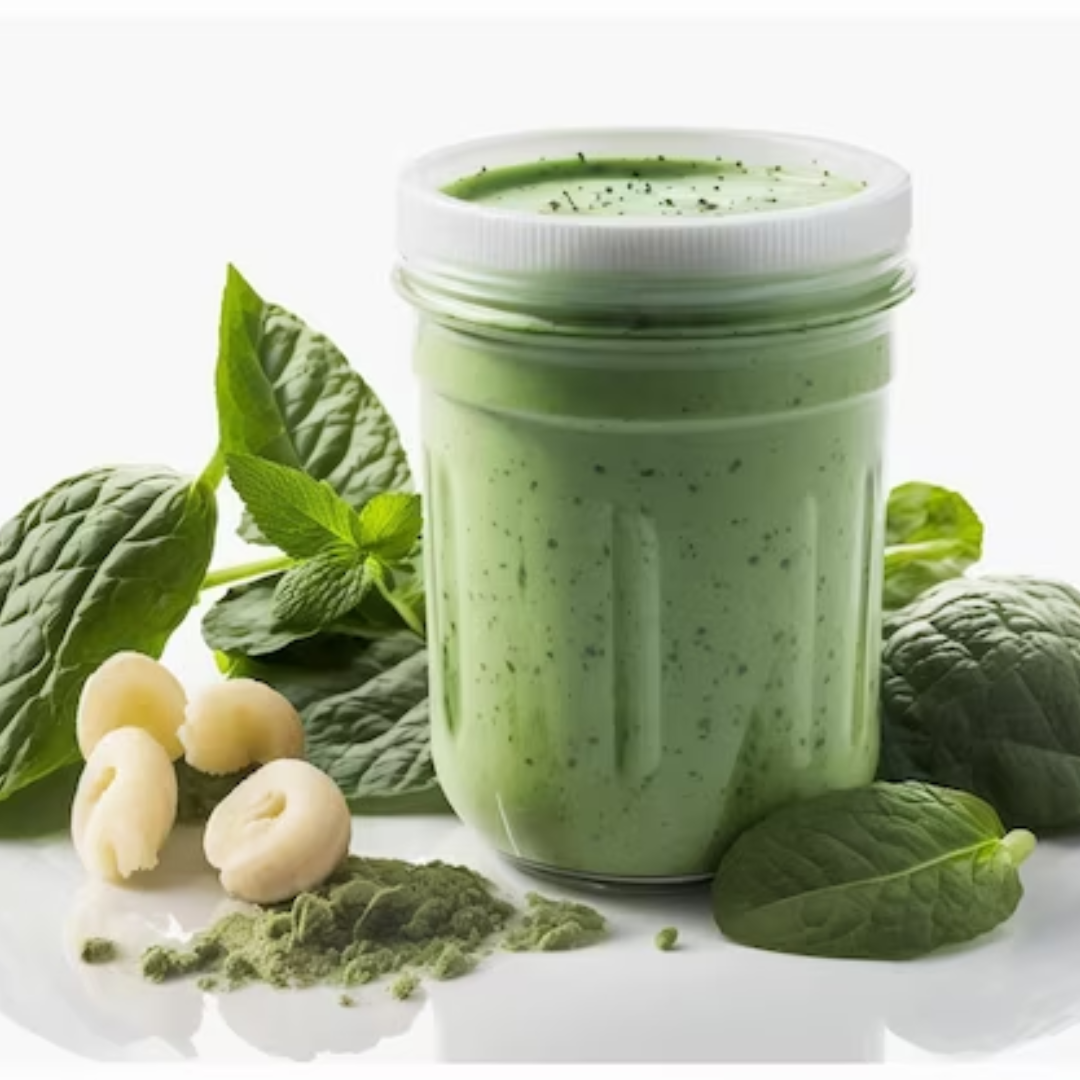A Journey into Vegan Meaning in Hindi: Nourishing Mind, Body, and Soul

Unveiling the Essence of Vegan Meaning in Hindi
In a world where dietary choices are diverse and impactful, the term “vegan” stands out as a lifestyle that transcends cultural and linguistic boundaries. The concept of veganism extends beyond culinary preferences; it encompasses a profound commitment to compassion, sustainability, and ethical considerations. In this article, we delve into the vegan meaning in Hindi, exploring its various facets, benefits, and significance.

Vegan Meaning in Hindi Explained
Veganism, known as “शाकाहारी” (Shakahari) in Hindi, refers to a lifestyle that excludes all animal-derived products from one’s diet and often extends to other aspects of life, such as clothing and cosmetics. It’s a conscious choice rooted in the belief that animals should not be exploited for human consumption or use.
The Cultural Significance of Veganism in India
Veganism has a unique place in Indian culture, dating back to ancient times when vegetarianism was embraced as a compassionate way of life. In recent years, the vegan movement has gained momentum, aligning with the principles of Ahimsa (non-violence) and respect for all living beings.
Embracing Compassion: Veganism and Animal Welfare
Veganism serves as a powerful tool to advocate for animal welfare. By refraining from consuming animal products, individuals contribute to reducing demand for industries that often involve cruelty to animals. This compassionate approach reflects a deep reverence for life in all its forms.

Health Benefits of a Vegan Diet
A vegan diet, when well-balanced, can offer a plethora of health benefits. It is rich in fiber, vitamins, minerals, and antioxidants while being low in saturated fats and cholesterol. Research suggests that a vegan diet may reduce the risk of chronic diseases such as heart disease, diabetes, and certain cancers.
Also, read The Ultimate Guide To Pea Protein Powder: Benefits, Usage, And FAQs
Dispelling Misconceptions about Veganism
Myth: Vegan Diets Lack Protein
A common misconception is that vegan diets are deficient in protein. However, plant-based sources like legumes, tofu, tempeh, and quinoa are excellent protein providers, ensuring adequate intake for vegans.
Myth: Vegans Lack Essential Nutrients
Vegans can obtain all essential nutrients through a well-planned diet. Nutritional yeast, fortified plant milk, and supplements can provide vitamin B12, which is primarily found in animal products.
Myth: Veganism is Expensive
While some vegan specialty products can be pricy, a diet centered around whole grains, fruits, vegetables, and legumes is affordable and budget-friendly.
Environmental Impact of Veganism
Veganism aligns with eco-consciousness by reducing the carbon footprint associated with animal agriculture. Livestock farming is a major contributor to deforestation, greenhouse gas emissions, and water pollution. Choosing plant-based options mitigates these environmental challenges.
Veganism and Ethical Consumerism
Veganism extends beyond dietary choices; it encompasses conscious consumerism. By supporting cruelty-free and vegan-certified products, individuals promote ethical practices and encourage industries to adopt sustainable and animal-friendly approaches.
Veganism and Culinary Creativity
Transitioning to a vegan lifestyle opens the door to culinary innovation. Exploring plant-based ingredients encourages creativity in the kitchen, leading to the discovery of new flavors, textures, and cooking techniques.
Common Challenges and How to Overcome Them
Challenge: Social Pressure and Criticism
Overcoming social norms and handling criticism requires confidence and understanding. Educating others about veganism’s merits can help dispel misconceptions.
Challenge: Dining Out as a Vegan
When dining out, researching restaurants with vegan options or requesting customized meals can ensure an enjoyable experience.
Challenge: Navigating Nutritional Needs
Working with a registered dietitian can help vegans create balanced meal plans that meet their nutritional requirements.
Veganism and Positive Global Change
By embracing a vegan lifestyle, individuals contribute to a more compassionate, sustainable, and equitable world. Collectively, these choices have the potential to drive positive change and shape a brighter future for all living beings.
FAQs about Vegan Meaning in Hindi
Conclusion: Embracing Veganism, Nurturing Compassion
In essence, the vegan meaning in Hindi embodies a profound commitment to compassion, ethics, and sustainability. It extends far beyond a dietary choice, influencing various aspects of life, from food to consumer goods. By choosing a vegan lifestyle, individuals contribute to a more harmonious relationship with the planet and its inhabitants. As we continue to uncover the interconnectedness of all living beings, embracing veganism becomes a powerful step towards a brighter, more compassionate future.
- Where to Find the Best Plum Cake in Bangalore for Christmas & New Year - November 23, 2025
- Water Intake Calculator: Everything You Need to Know - September 7, 2024
- 5 Weight Gain Drink Recipes for Healthy Bulking - March 29, 2024






